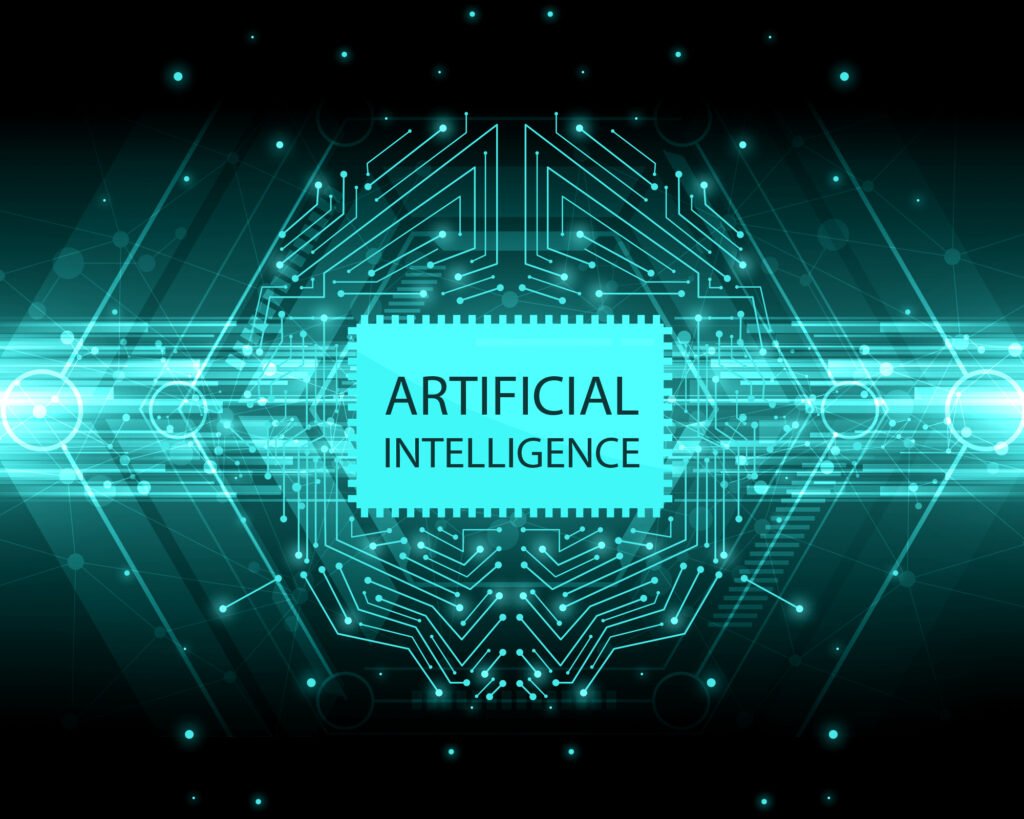
In the ever-evolving landscape of technology, the advent of Artificial Intelligence (AI) has ushered in a new era, often referred to as the Information Age. The profound impact of AI on various facets of society is transforming the way we live, work, and interact. This article explores the significance of AI and its far-reaching effects in shaping the landscape of the new Information Age.
Data Revolution and Decision-Making:
The Information Age is characterized by an unprecedented influx of data, and AI plays a pivotal role in making sense of this vast sea of information. Machine learning algorithms analyze patterns, trends, and correlations in data, enabling businesses, governments, and individuals to make more informed and strategic decisions. AI-driven insights provide a competitive edge in industries ranging from finance to healthcare, optimizing processes and resource allocation.
Automation and Workforce Transformation:
Automation powered by AI is reshaping the workforce landscape. Routine and repetitive tasks are increasingly being handled by intelligent machines, freeing up human workers to focus on more complex, creative, and value-added activities. While this automation revolution may lead to job displacement in some sectors, it also presents opportunities for upskilling and the creation of new, AI-related roles.
Personalization and User Experience:
AI algorithms are behind the personalized recommendations we receive on streaming platforms, the targeted advertisements we see online, and the content that populates our social media feeds. As AI systems gather and analyze user data, they tailor experiences to individual preferences, creating a more engaging and user-centric digital environment.
Healthcare and Scientific Breakthroughs:
In the field of healthcare, AI is accelerating the pace of medical research and diagnostics. Machine learning models can analyze vast datasets of patient information, identify disease patterns, and even predict potential outbreaks. AI-driven advancements in genomics and drug discovery hold the promise of personalized medicine, revolutionizing the way diseases are diagnosed and treated.
Ethical Considerations and Bias Mitigation:
The rise of AI also brings to the forefront ethical considerations, particularly in areas such as privacy, bias, and accountability. As AI systems make decisions that impact individuals and society, there is a growing need for robust ethical frameworks and regulations. Developers and policymakers must work collaboratively to ensure that AI technologies are deployed responsibly and inclusively.
Global Connectivity and Communication:
AI-powered language translation services and chatbots are breaking down language barriers, fostering global connectivity and communication. Real-time language translation allows for seamless collaboration and exchange of ideas across borders, contributing to a more interconnected and interdependent world.
Cybersecurity and Threat Detection:
The Information Age is also marked by an increase in cyber threats. AI plays a crucial role in enhancing cybersecurity by detecting and responding to potential threats in real-time. Machine learning algorithms can analyze patterns of malicious behavior and identify anomalies, strengthening digital defenses and safeguarding sensitive information.
Take Aways:
In the new Information Age, the significance of AI cannot be overstated. From revolutionizing decision-making processes to transforming the workforce and advancing scientific research, AI is at the forefront of shaping the future. However, as we navigate this era of technological advancement, it is essential to approach AI deployment with a conscious and ethical mindset, ensuring that its benefits are harnessed responsibly for the betterment of society as a whole.

